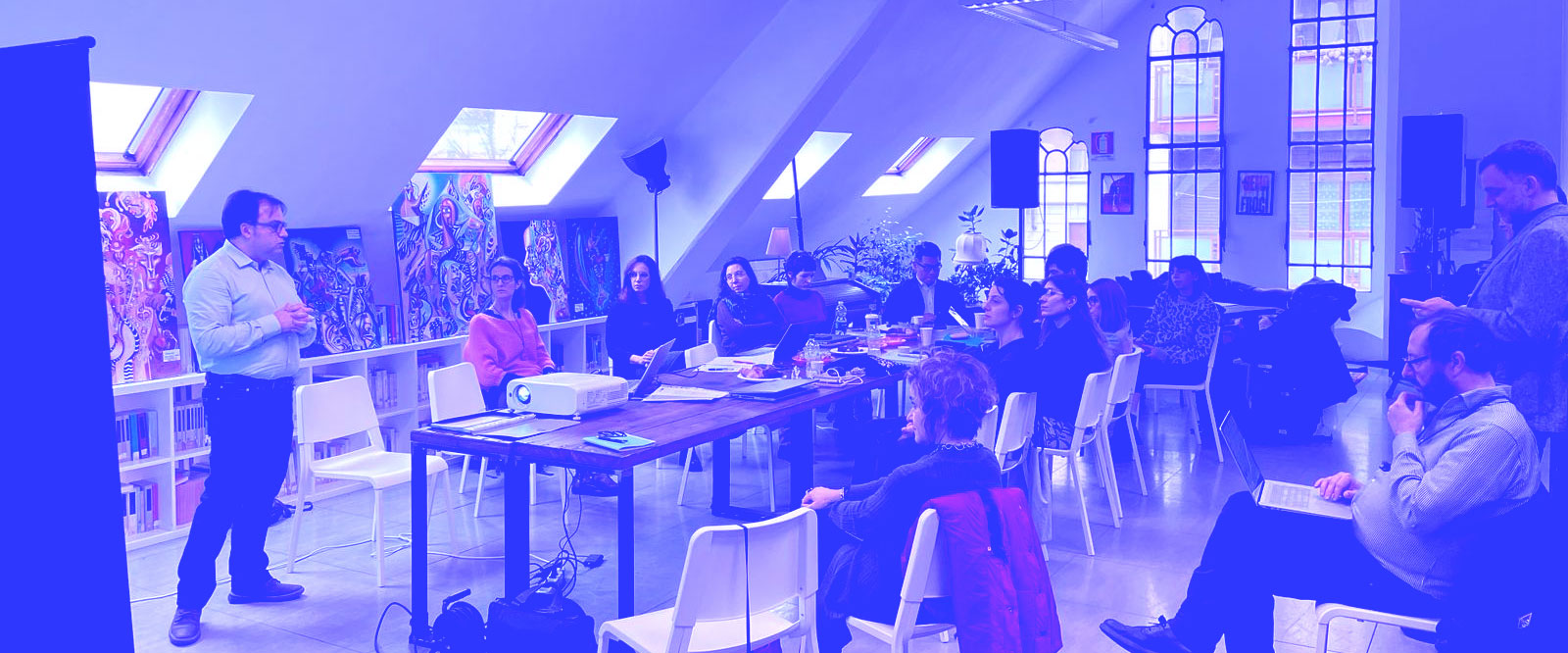A few words about our organisations and the members of CORPUS Team.

UNITO participates with the Digital Territories and Community research group of the Department of Computer Science, and for the purposes of the project collaborates with the Digital Geography research group of the Department of Economics and Social Studies (ESOMAS), based on existing joint PhD research and experimental projects run by researchers of the two groups. UniTo brings to the project: civic technologies developed and used in EU projects; competences in analysis and assessment of digital social innovation, social economy and environmental sustainability initiatives. In the Co.R.Pu.S. project, an interdisciplinary team of experts will be involved, with skills in software development, HCI, DLTs and token economics, social and digital geography, and participatory research.
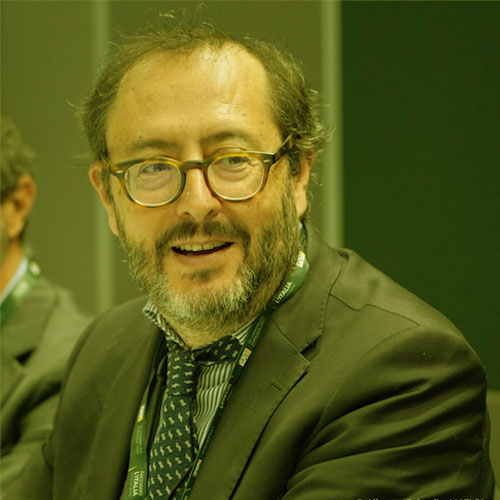
Guido Boella – COPUS Scientific Coordinator. Full professor at Department of Computer Science and Vice-Rector for relations with industries and industrial innovation at UNITO, and author of more than 300 international publications. His research topics regard AI and Blockchain. Cofounder of the Italian Society on Ethics and AI (SIpEIA).
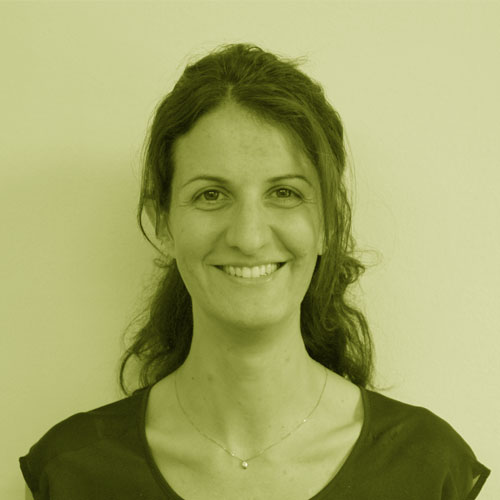
Cristina Viano – CORPUS Project Manager. PhD in Urban and Regional Development, she is currently Post Doc research fellow at the Computer Science Department of the University of Turin – Research group “Digital Territories and Communities” . Her research interests concern the socio-spatial implications of civic technologies in social contexts, digital social innovation and local experimentations of blockchain technologies.

Carla Rey – Graduated in Business Economics at Ca ‘Foscari University in Venice, she has a long experience with local authorities. In 2010 Deputy Mayor of the City of Venice, from 2015 to 2023 Secretary General of AICCRE (Italian Association of the European Council of Municipalities and Regions- CEMR), than Director of AICCRE VENICE and founder of Venice City Solutions Foundation. She is a researcher for Computer Science Department at University of Turin and a UNDP consultant for SDG Local Action.
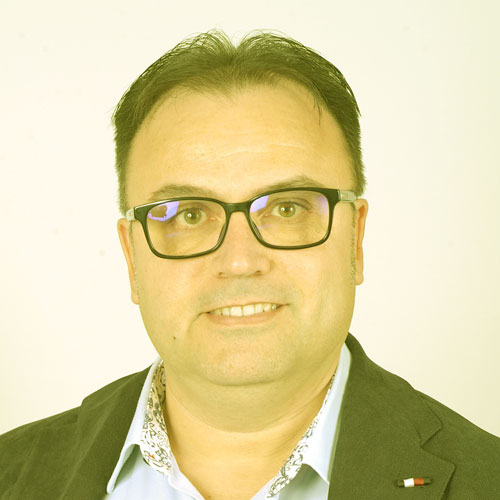
Claudio Schifanella – Associate professor at Department of Computer Science, UNITO. Scientific Responsible for the resaerch project CommonsHood – Blockchain for local communities. His research topics include civic technologies, social computing, distributed ledger technologies, data mining, multidimensional data analysis, knowledge representation, text mining.
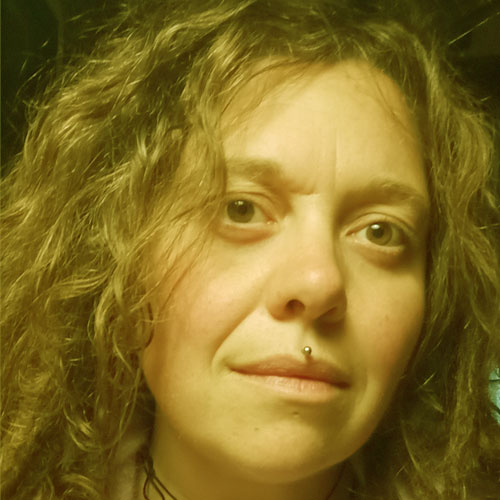
Cristina Toti is PhD on social currencies and the theoretical implications of money,, and currently research fellow at the Department of Computer Science, UNITO. Her work follows a highly interdisciplinary trajectory, combining educational sciences, in-depth knowledge of social currencies, practical expertise in creative citizenship practices, and facilitation of Philosophy for Children and community‐based training programmes.
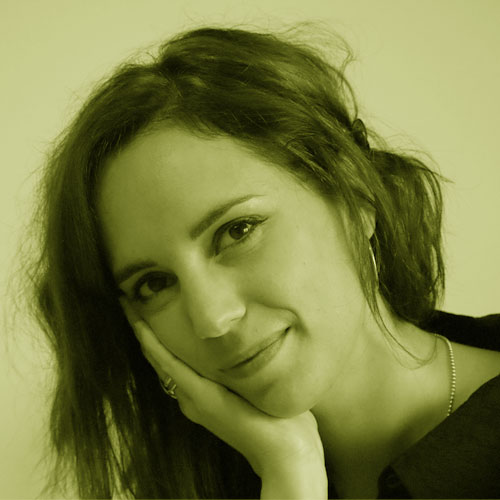
Irene Domenicale is a PhD candidate in Blockchain and Distributed Ledger Technologies at the University of Camerino and a research fellow at the Digital Territories and Communities research group, Department of Computer Science, University of Turin. Her research follows an interdisciplinary approach and focuses on tokenized systems, specifically examining models and applications that support processes of value creation and circulation within communities and collaborative ecosystems
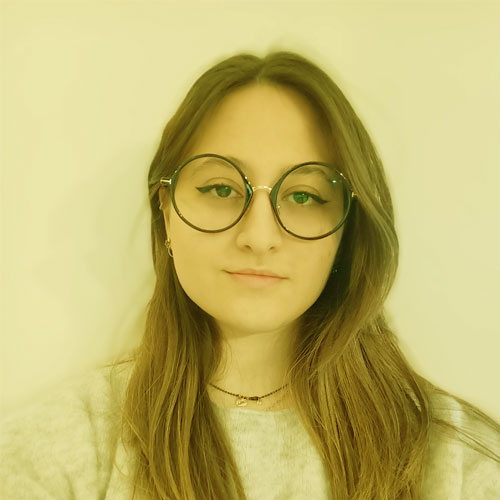
Beatrice Bocchetti holds a Master’s degree in Communication Studies and is currently a research fellow at the Department of Computer Science at the University of Turin. Since 2023, she has been collaborating with Les Petites Madeleines, a Turin-based association active in District 4, focusing on circular economy initiatives and the socio-cultural development of local communities.
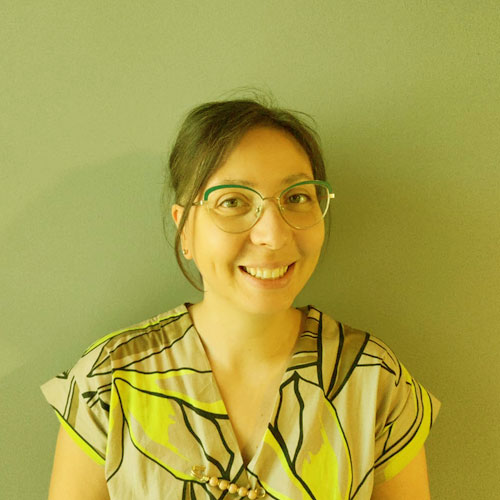
Sonia Migliore is a designer and media educator who is currently working as a researcher in the Department of Informatics at the University of Turin. Her research focuses on civic participation issues, with a particular emphasis on the circular economy, local food systems, and education. As a freelancer, she is involved in communication projects related to the construction of networks that combat child poverty in Milan.

Open Lab Athens is a cross-disciplinary research collective and technology lab. It has been part of EU-funded research projects in civic technologies, participation, education and urban commons (CO3, ge.CO Living Lab, NLAB4CIT, Seeds). OLA developed methodologies and digital services that address societal challenges related to the urban socio-political environment by exploiting the approach of participatory action research and community infrastructuring.
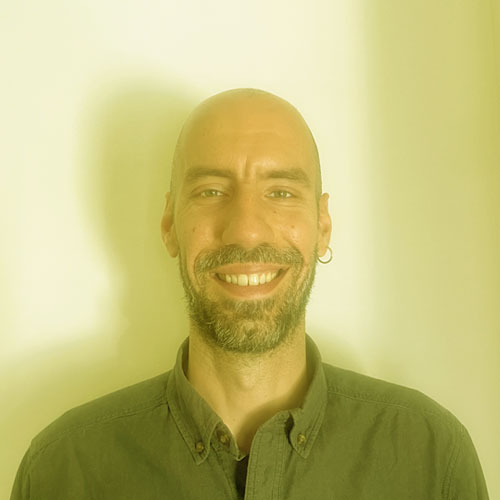
Giannis Zgeras studied architecture and sociology, he is a PhD candidate in NTUA School of Architecture and he is a researcher of Open Lab Athens the last 6 years. In CORPUS, he is involved in the development of the project’s engagement and participation package and the implementation of Aigaleo ULL activities.
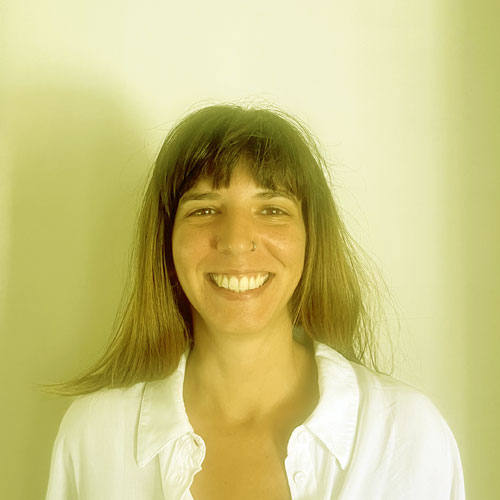
Vily Mylona is an urban planner and researcher at Open Lab Athens. She holds a PhD from the School of Architecture at NTUA, where her research explored refugees’ sense of belonging through housing trajectories and their “spaces of appearance.” Her interests lie in urban sociology and the everyday practices of communities. In the CORPUS project, she focuses on citizen engagement and the implementation of activities in the Aigaleo Urban Living Lab.

Faculty of Architecture. According to the University Ranking by Academic Performance (URAP) Research Laboratory, TUD is the world’s top institution in the field of urban planning, and its Faculty of Architecture ranked 2nd in the QS World University Rankings by Subject 2022. The Department of Urbanism has a rich experience in international and trans-disciplinary research projects, among them (FP 7) SUME, Citizen; PLEEC; and (H2020) COHESIFY and REPAiR. Its Section of Urban Design addresses the spatial configuration of social and ecological processes of urban transformation in the Netherlands and beyond.
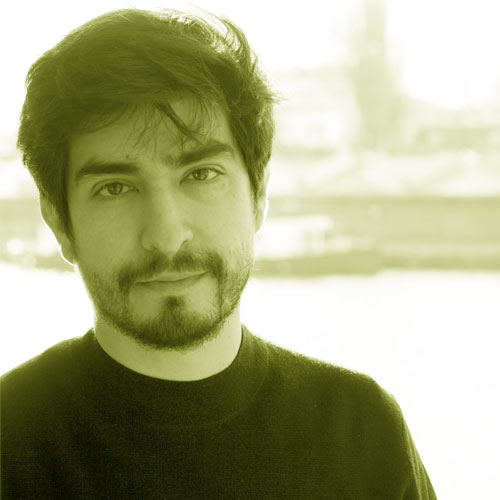
Víctor Muñoz Sanz is an assistant professor of urban design at TU Delft, where he coordinates and teaches urban design studios and leads critical research on productive landscapes, urban economies, and technology. In CORPUS he is involved in the development of the Resource kit for participatory & phygital CUE, assessment of ULL activities and small scale intervention in Egaleo, and the conceptualization of transformative models for co-design and urban planning.

The City of Egaleo (EGL) is one of the oldest and largest municipalities in the region of Attica in Greece. It operates as an administrative and commercial center for the contiguous municipalities, thus it has been a constant pole of attraction for new settlers. The Municipality’s strategic plan has as main priorities and directions the improvement of quality of Life, the support of local economy and the empowerment of citizens’ participation. Based on these priorities, EGL’s Directorate of Planning, Development & Transparency participates in national as well as in EU funded projects such as HORIZON (TransformAR, C2IMPRESS) and Erasmus+ (QSER, Urban Youth Gardens, UAM). Through these projects EGL aims to promote social/technical innovation and digital transition of the municipality.
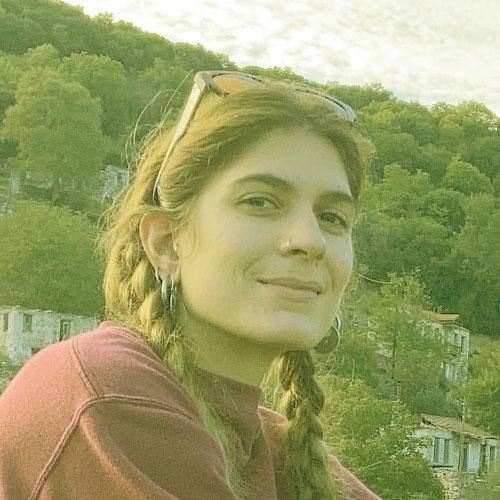
Evangelia Bakogianni is an architect engineer (BSc, MArch) and social scientist (Postgraduate studies in Sociology). She collaborates as an external partner with the Directorate of Planning, Development and Transparency of the Municipality of Aigaleo, working on nationally and EU-funded projects. Her work focuses on project management as well as the design and implementation of community engagement and participatory actions. In parallel, she works as a freelance architect and graphic designer, with experience in interior design, urban planning, participatory design, and visual communication.

FBW Urbanists + Architects (FBW) is a partnership of a multinational and interdisciplinary team with over 30 years of work executed in the Netherlands and countries in East Africa. FBW has delivered a diverse and award-winning body of work whilst retaining a working method that enables built, social and research based work at various scales. FBW believes in creating designs that increase human sensitivity, meaning and responsibility towards our natural and built environment. This means that high value is placed in environmentally sustainable design, through working with the landscape and using materials inherent to the location and history of a place; and in building trust amongst community members that are key in urban development projects.
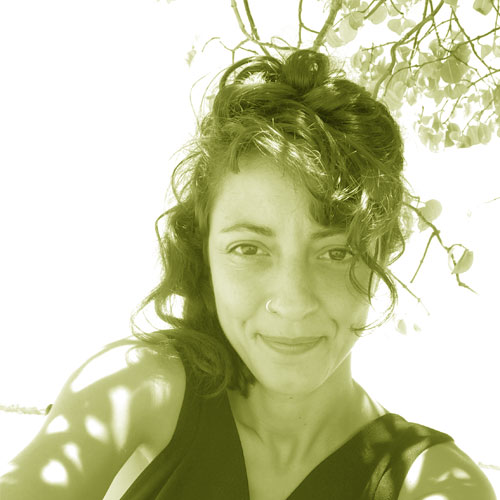
Alexandra Papadaki is an architect and engineer with postgraduate studies in Design for Sustainable Development from Chalmers UT. She is a partner at FBW Urbanists + Architects and associate of the NGO African Architecture Matters, advocating for heritage-based development and social inclusion in the fields of architecture and urban planning. In CORPUS, she is involved in the development of the project’s engagement and participation package, the implementation of Aigaleo ULL activities and the delivery of technical drawings.
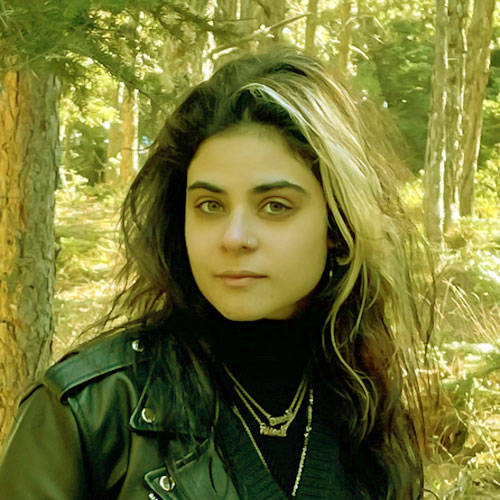
Magdalini Pachaki is an architect and engineer. She is a junior architect at FBW Urbanists + Architects. In CORPUS, she is involved in the development of the project’s engagement and participation package, the implementation of Aigaleo ULL activities and the delivery of technical drawings.
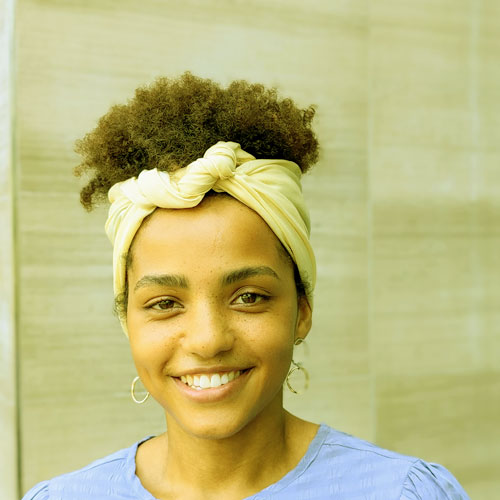
Franka van Marrewijk is an architect and urbanist with a bachelor’s degree in Architecture and a master’s degree in Urbanism from TU Delft, working as a partner at FBW U+A, associate of NGO African Architecture Matters, and consultant for the World Bank, focusing on sustainable design, community engagement, and climate resilience. In the CORPUS project, she focuses on assisting the team in participatory engagement and the implementation of activities in Greece.

Circoscrizione IV is one of the 8 administrative districts of the City of Turin. Many CSOs and self-organized groups of citizens in the district are active in initiatives related to the socio-economic and environmental sustainability of the neighborhood (artisan shops and micro-circular economies, etc), e.g projects: EcoBorgo Campidoglio, Vivilibron, Salvacibo, C.O.S.O., all supported and promoted by the District’s administration. Various social actors of the district (e.g Neighborhood House, local associations) have already joined or supported other initiatives of the University of Turin for participatory research on civic technologies (e.g H2020 CO3 project), including the use of a blockchain based app to support and incentivise exchange, re-using and recovery of materials.

Alberto Re – President
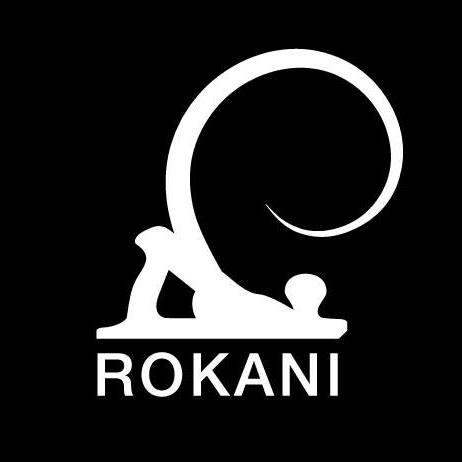
The Aigaleo ULL is implemented in collaboration with Rokani, a Social Cooperative Enterprise (SCE), established in March 2016 in Athens, with the scope
of manufacturing handmade customized furniture and other constructions from reusable materials (primarily wood and metal). In CORPUS, Rokani team will be involved in ULL organization, materials processing and construction consultancy.
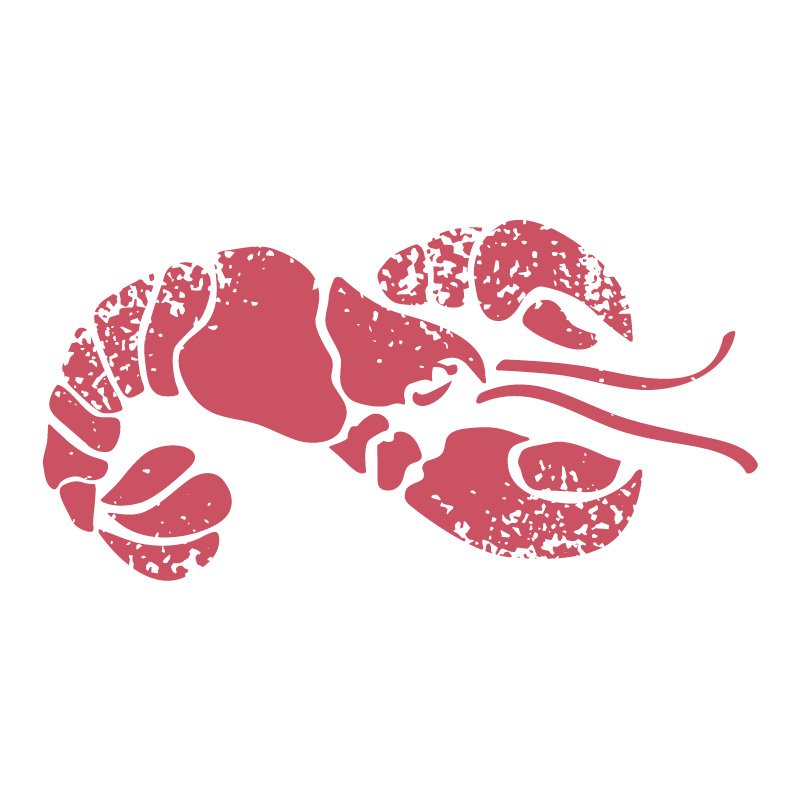
The Turin ULL is implemented in collaboration with the Association “Les Petites Madeleines”, a local association that focuses on Circular Proximity Economy, inclusive and everyday anti-waste and sustainable practices that are co-designed together with local citizens and facilitated by digital technologies.

